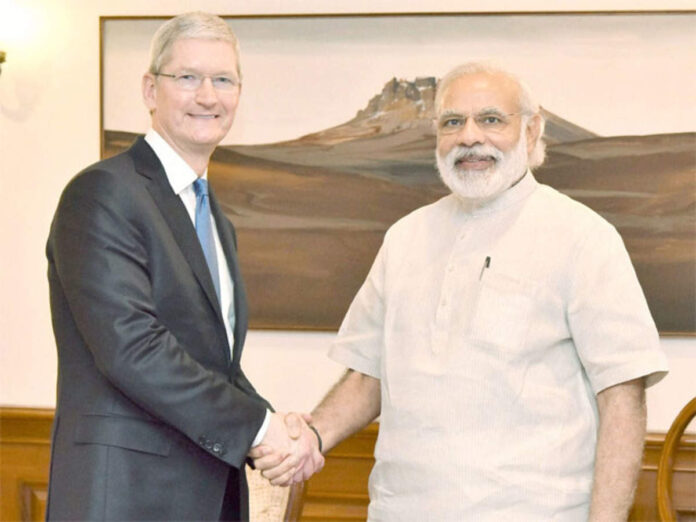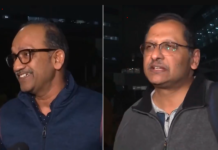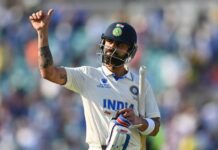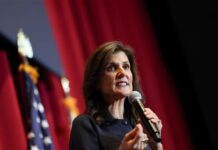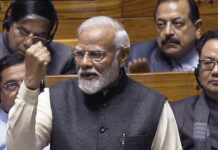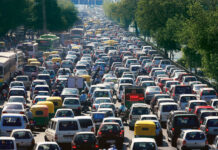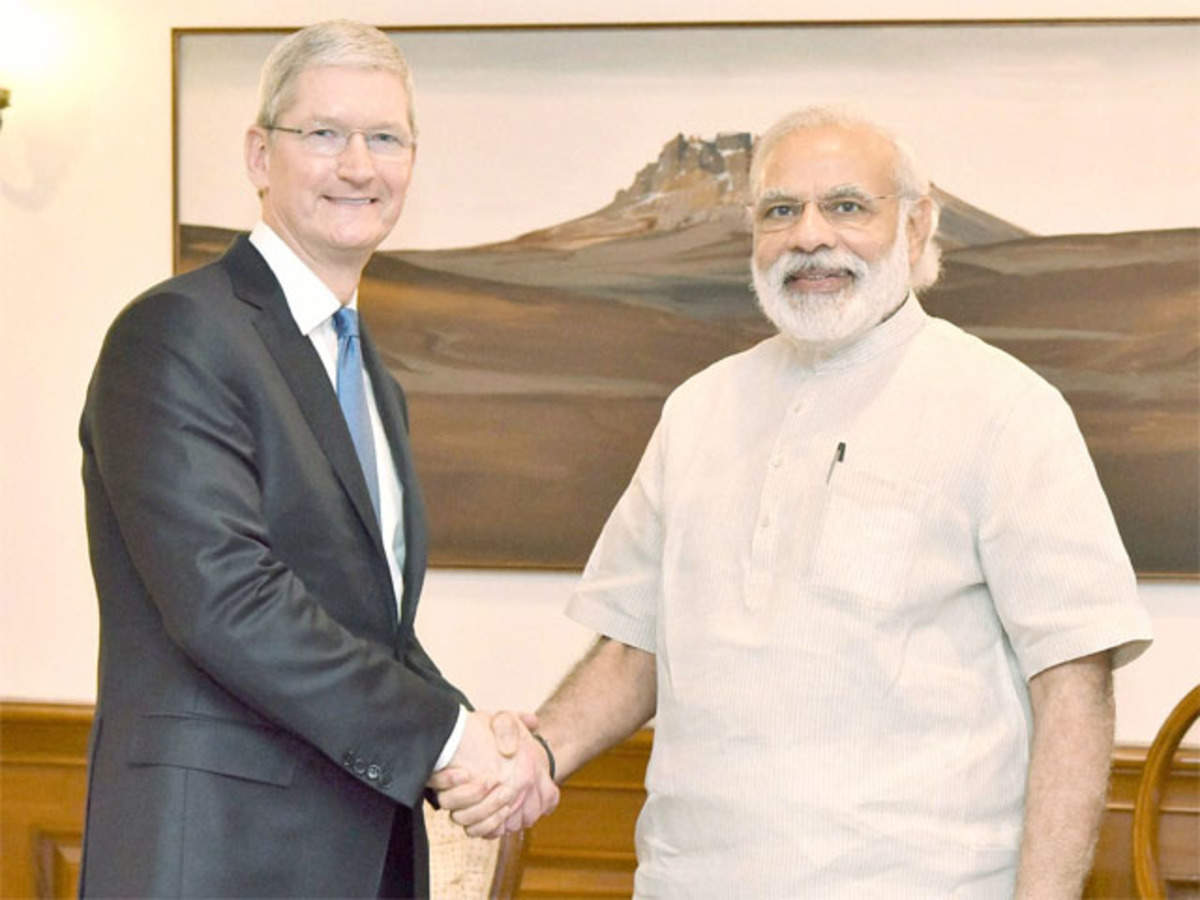
According to Reuters, Apple CEO Tim Cook will meet Prime Minister Narendra Modi when he arrives in India this week to inaugurate the company’s first retail outlets in India.
According to a Reuters story citing sources, Cook will also meet with deputy IT minister Rajeev Chandrasekhar. According to the source, which includes a government official, the meeting with Modi is slated for Wednesday in Delhi. However, neither the PM’s office nor the government of India has confirmed this.
The alleged discussions follow Apple’s growing attention on India in order to diversify its production operations beyond China. Bloomberg previously reported that Apple has requested a meeting with Prime Minister Modi in the middle of the Centre’s drive.
Bloomberg previously reported that Apple had requested a meeting between Cook and PM Modi as part of the Centre’s efforts to recruit Apple’s manufacturing partners like as Foxconn Technology Group and Pegatron Corp. Cook made his first trip to India in 2016.
The iPhone maker’s retail outlets will launch in Mumbai and Delhi, the world’s second-largest smartphone market. The Apple BKC shop in Mumbai opened for a special event on Monday and will be accessible to the public on Tuesday. The company’s second store in India will open on Thursday at Delhi’s exclusive Saket mall.
The two stores have been in the works for a long time since India’s tight restrictions prohibit multinational businesses from opening their own-brand stores unless they source a major amount of their items from within the country.
According to data from the India Cellular and Electronics Association, iPhones accounted for 50% of the total $9 billion in smartphone exports from India between April 2022 and February 2023.
Although Apple debuted its Indian online shop in 2020, the company’s comparatively high sticker prices remain a disincentive in a country of 1.4 billion people where cost is a crucial factor in purchasing decisions.


